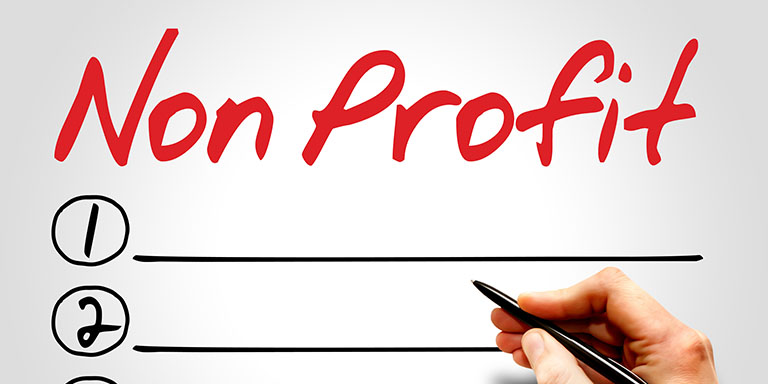Regardless of your experience, your skills or level of governance experience, board appointments are made in one of four ways.
- Through a personal connection;
- By directly approaching a board or organisation;
- By responding to an advertisement or
- Through an executive search firm, recruiter or headhunter.
Whilst some of these avenues are more effective than others, there is a strong chance that you will need to navigate the board application process that each of these over the lifetime of your board search. As such, it is essential to understand the nuances associated with each.
The statistics regarding how board appointments are made in Australia
Recently, I conducted a survey asking current board directors how they were appointed to their most recent board role. The findings were interesting – though not altogether surprising:
- 65% said they were appointed through a personal connection;
- 15% were appointed by directly approaching a company or board;
- 10% were appointed via a recruiter and
- 10% were appointed by responding to an advertisement.
It was not a perfect study – they rarely are (it could have been that a colleague told them about a role that was advertised by a recruiter for example). However, from these statistics, it’s clear that successful NEDs understand that their personal connections really matter when it comes to gaining a board appointment. Indeed, most successful Non-Executives I speak with quote their success as coming through people they know. But dig a little deeper, and almost all have also had dealings with recruiters or have had to write board applications at some point.
Supporting theories
Mark Granovetter’s book (written over 40 years ago) called Getting a Job, looked at how executives in the USA found their most recent executive roles. Here he found that:
- 56% of executives found their (executive) jobs via personal connections,
- 19% by directly approaching companies
- 17% through adverts and/or recruiters
This classic study again proved it’s not what you know but who you know; it also demonstrated how social activity influences labour markets.
Re-assess your board search methods and approach
The statics clearly show that the majority of board appointments are made via personal connections. So, the question is not really are personal connections valuable in your search for a board appointment – they absolutely are. Rather, the question must be
‘Who are these personal connections, and can you authentically connect with them in a way that results in a board appointment?’
Don’t be put off by the thought of networking
When most people hear me say that the majority of board appointments are made via personal connections, I see their heads drop in the assumption that they don’t have the sort of connections that will get them a board appointment. The truth is, and I want to be clear about this, no one does. Creating these connections is possible. It requires no cold calling, boring cocktail parties or business card exchanges. Trust me.
How you create these personal connections is what I am going to show you in future articles – along with detailed explanations of how to write compelling board applications, work with recruiters, and directly approach your target organisations. Until then, here is the take-away. If you are spending 100% of your time working with recruiters or responding to advertisements, then you need to question whether this is the best use of your time? Based on that statistics, it clearly isn’t.
About the Author

David Schwarz is CEO & Founder of Board Direction – Australia’s leading board advertising and non-executive career support firm. He has over a decade of experience of putting people on boards as an international headhunter and a non-executive recruiter and has interviewed over one thousand non-executives and placed hundreds into some of the most significant public, private and NFP roles in the world
Share this article on your favourite platform!





